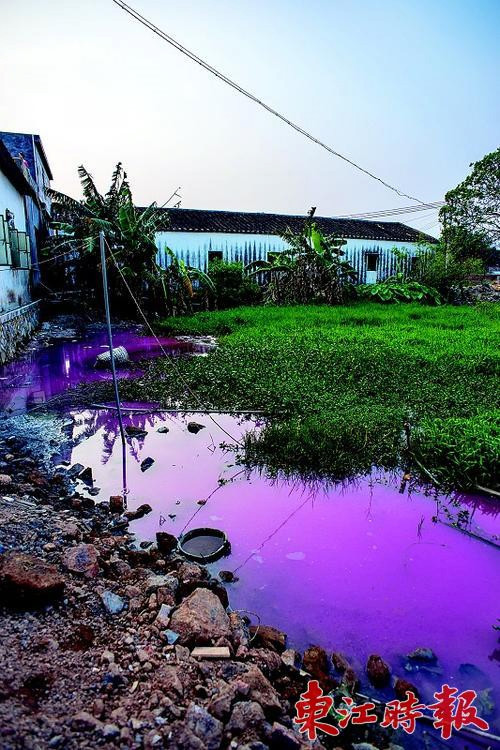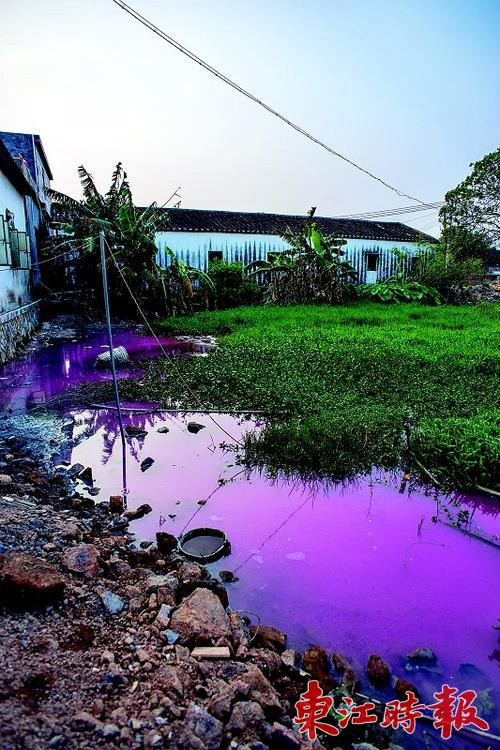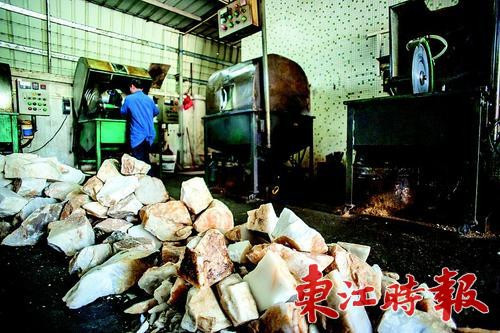Pollution From Stone Processing Causes River In Chinese Village To Turn A Rainbow Of Colors [PHOTOS]


A village in the southern Chinese province of Guangdong has become so polluted that its only river has been changing into a rainbow of colors.
Xiaojin, in Guangdong province, has traditionally relied on farming. In 1993, after the government took away some of the land, the villagers were struggling to survive. The following year, a Hong Kong businessman, Ji Chaoming, started the first semiprecious stone processing factory; since then, more than a thousand small-scale stone processing shops and factories have sprang up, established by both locals and businessmen from nearby cities and provinces. A complete supply chain was in place when a dedicated jewel exchange market was founded in the nearby city of Guangzhou.
These factories have helped locals make a decent living. Residents either rented out their land to small business owners, or founded factories on their own. These unregulated, scattered small businesses have caused a problem, however: the waste from stone processing factories has caused the local river to turn a rainbow of colors, so much so that locals have nicknamed it the “Blue Danube.”
Because these shops process relatively cheap semiprecious stones that need embellishments to add to their aesthetic appeal, artificial coloring is commonly used. Unregulated by the local government, waste from coloring is allowed to pass directly into the river. The river, which eventually feeds into the Dong River, a tributary of the Pearl River, turns red, blue, and sometimes purple on any given day, polluting both the local drinking water supply and that of neighboring regions.
“The river is definitely poisonous,” an 80-year-old local woman, identified by her last name Gao, said. “Our vegetable garden is right next to it, and the produce doesn’t grow well. My son died from a tumor because he ate vegetables watered by this river.”
Ji Chaoming, owner of the first factory in Xiaojin, who has since pulled out of the business, said, “If the shops can be regulated, they can actually continue to do well for the local economy. A platform should be established for the industry.”
The local government has shut off the electricity supplies repeatedly in the past few years, but these temporary measures aren't effective. The shops simply stop for a while, then go right back to business when the power supply returns.


© Copyright IBTimes 2024. All rights reserved.





















